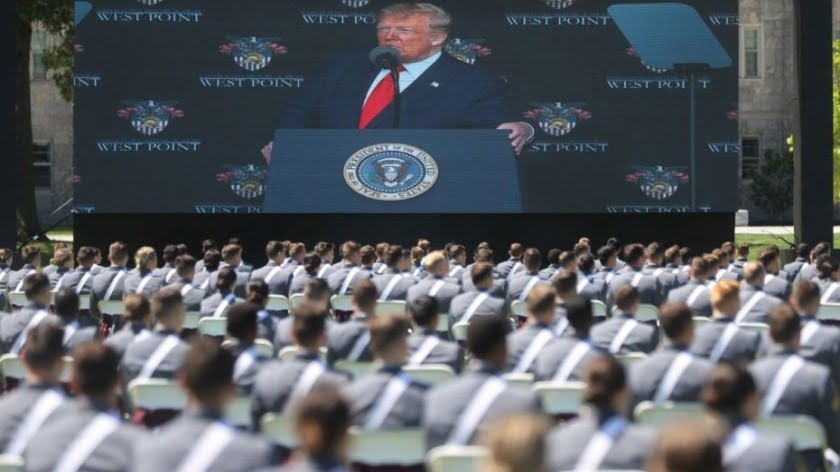China-India Standoff: Modi has Bitten Off More Than He Can Chew
Delusion and petulance are character flaws in a politician that often boomerang or, in soccer parlance, score one’s own goal.
Three years into Modi’s reign as India’s prime minister, some of his major policies such as demonetisation, have done precisely that. The latest border standoff with China, caused by Modi, looks likely to end up with eggs on his face.
The ongoing face-off at the tri-junction at Donglang or Doklam Plateau, where China, India (Sikkim) and Bhutan territories abut one another, is different from past skirmishes (excluding the Sino-India War in 1962) in more ways than one.
First, the flashpoint is in Chinese-controlled area to which Bhutan also lays claim. Second, Indian troops and vehicles crossed into Donglang purportedly on behalf of Bhutan. That was a lie, according to information emanating from Thimphu. Bhutan’s troops were at the border at the time India’s incursion took place, and the Bhutanese didn’t seek help from the Indian soldiers there.
Why is New Delhi more interested in Donglang than Thimphu, the claimant? Donglang is a strategic plateau lying in the tri-junction that stands above the narrow Siliguri corridor or “chicken neck” that connects the northeastern states to the rest of India. Seizing control of the corridor by China in a war means cutting the northeastern states from the rest of India.
Chinese academics have pointed out that India’s intrusion into Chinese-controlled Donglang on behalf of a third party i.e. Bhutan, has set a precedent which China can invoke against India in future.
A potential case is India-controlled Jammu and Kashmir or J&K in Kashmir, also claimed by Pakistan. China now has full justification to send troops into J&K at the request of its ally Pakistan. Such scenario would send chills down the spine of Indians collectively.
The border standoff also makes Bhutanese, the happiest people on earth based on the Gross National Happiness index invented by their King, less than happy.
A virtual protectorate of India which is in de facto control of Thimphu’s foreign affairs, defence and economy, Bhutan has long chaffed at New Delhi’s stranglehold over Bhutan. Thimphu has, since the British left India, walked a tightrope between subservience to India and its own independence to avoid being annexed by India, as Sikkim was in 1975.
Bhutan’s border negotiations with China, after more than 20 rounds over 30 years, are still not settled due to interference by New Delhi. Unlike Nepal which has moved closer to China in recent years, Bhutan is impeded in reaching out to Beijing.
Thimphu’s tolerance for New Delhi’s suffocating control is at breaking point. The potential for India losing its closest ally in South Asia has just gone up several notches.
By Gerry Brown
Source: Counter Punch







